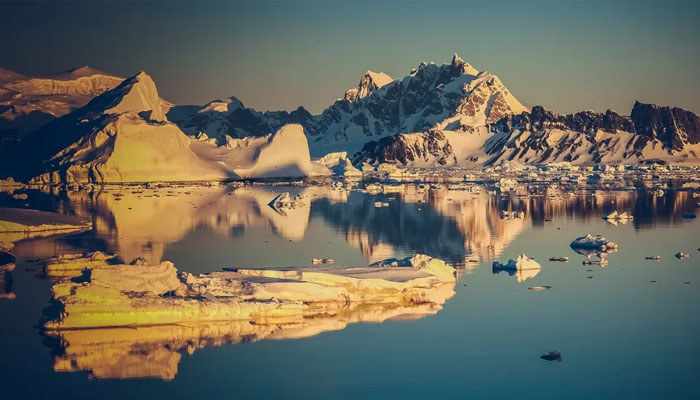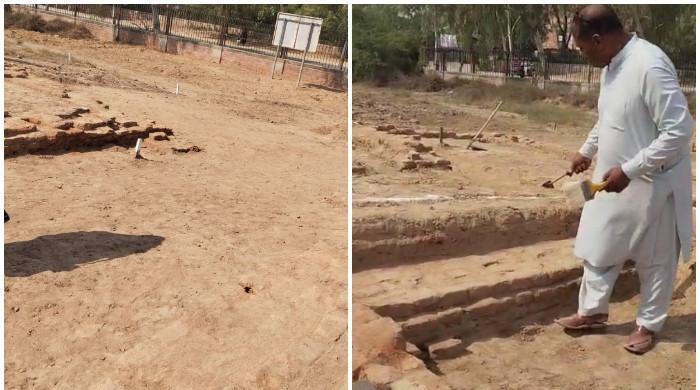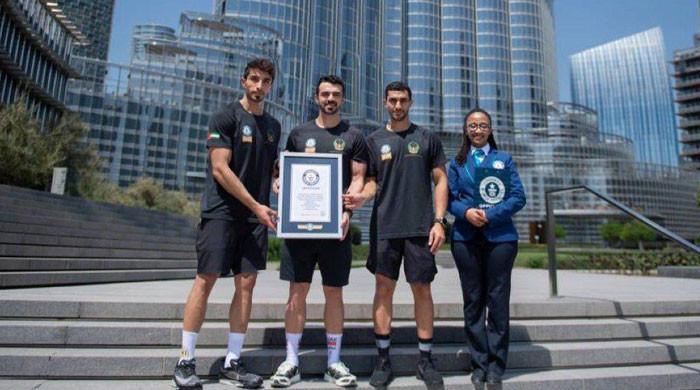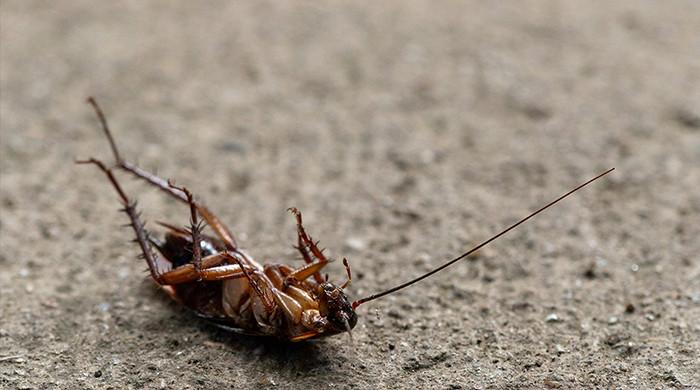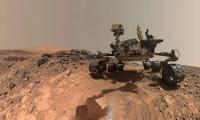Alarms raised on sea level rise as ocean water rushes beneath 'Doomsday Glacier'
Antarctica's Doomsday Glacier: Scientific analysis of its vulnerability to sea level rise and climate change
Ocean water is pushing miles beneath Antarctica’s “Doomsday Glacier,” making it more vulnerable to melting than previously thought.
Scientists used radar data from space to perform an X-ray of the crucial glacier. The salty, relatively warm ocean water is causing “vigorous melting” underneath the glacier.
A team of glaciologists used high-resolution satellite radar data to create an X-ray of the Thwaites glacier. They observed seawater pushing beneath the glacier over many miles and then moving out again. When the water flows in, it’s enough to “jack up” the surface of the glacier by centimetres.
“In the past, we had only sporadic data to look at this,” said Eric Rignot, professor of Earth system science at the University of California at Irvine and a co-author of the study. “In this new data set, which is daily and over several months, we have solid observations of what is going on.”
“This process of widespread, enormous seawater intrusion will increase the projections of sea level rise from Antarctica,” he added.
Ted Scambos, a glaciologist at the University of Colorado Boulder, who was not involved in the study, called the research “fascinating and important.”
“This finding gives a process that, as yet, is not factored into models,” he told CNN. And while these results only apply to certain areas of the glacier, he said, “this could speed up the pace of ice loss in our forecasts.”
There are still many unknowns on what the study’s findings mean for the future of Thwaites, says Noel Gourmelen. It is also unclear how widespread this process is around Antarctica.
-
'Who's it?' Late-night doorbell prank mystery ends with bizarre twist
-
When blue met green: Jaybirds create a one-of-a-kind hybrid
-
Australian scientists grapple with 'despicable' butterfly heist
-
Floods from Koh-e-Suleman bring 2,000-year-old coins to Punjab
-
Octopus boom triggers ‘perfect storm’ for Britain’s shellfish trade
-
Cambridge can’t escape ‘skibidi’ as Gen Z slang adds 6,000 fresh entries
-
Italian Brainrot: The AI memes only kids know
-
Nasa's Curiosity rover discovers coral-like rock on Mars
